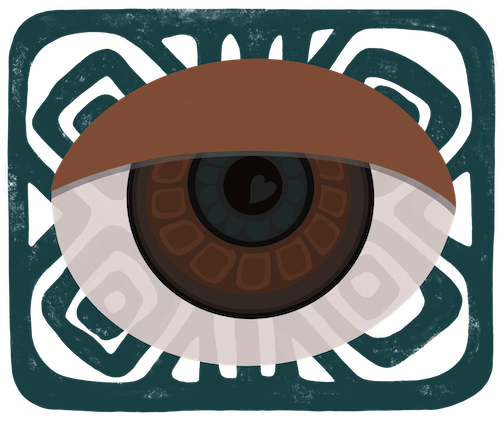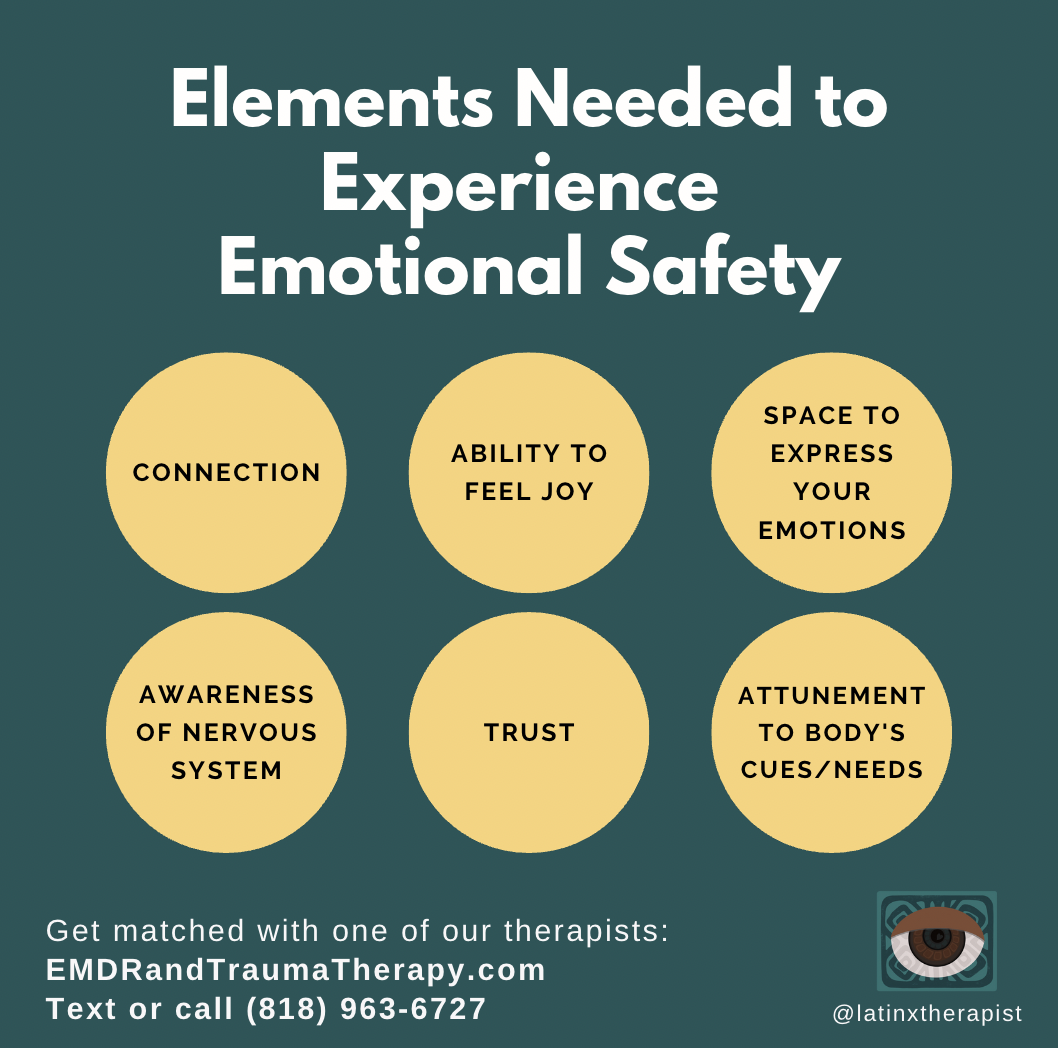We identified specific ways that trauma-informed therapy can help you at work. At EMDR and Trauma Therapy Center, our therapists and staff are all trained in trauma-informed care. We use principles of collaboration, macro-perspectives, client-centered approaches (yes, even with EMDR ), and commitment to minimize power dynamics in the therapy space.
Address systemic oppression dynamics impacting concentration and focus;
Develop a nervous system-focused treatment plan;
Strengthen interpersonal skills;
Improve self-confidence in occupational role;
Gain tools to face triggers in the workplace;
Develop a work-life balance;
Process negative experiences within the workplace without fear of retaliation.
Identify ways childhood patterns and traumas show up at work.








